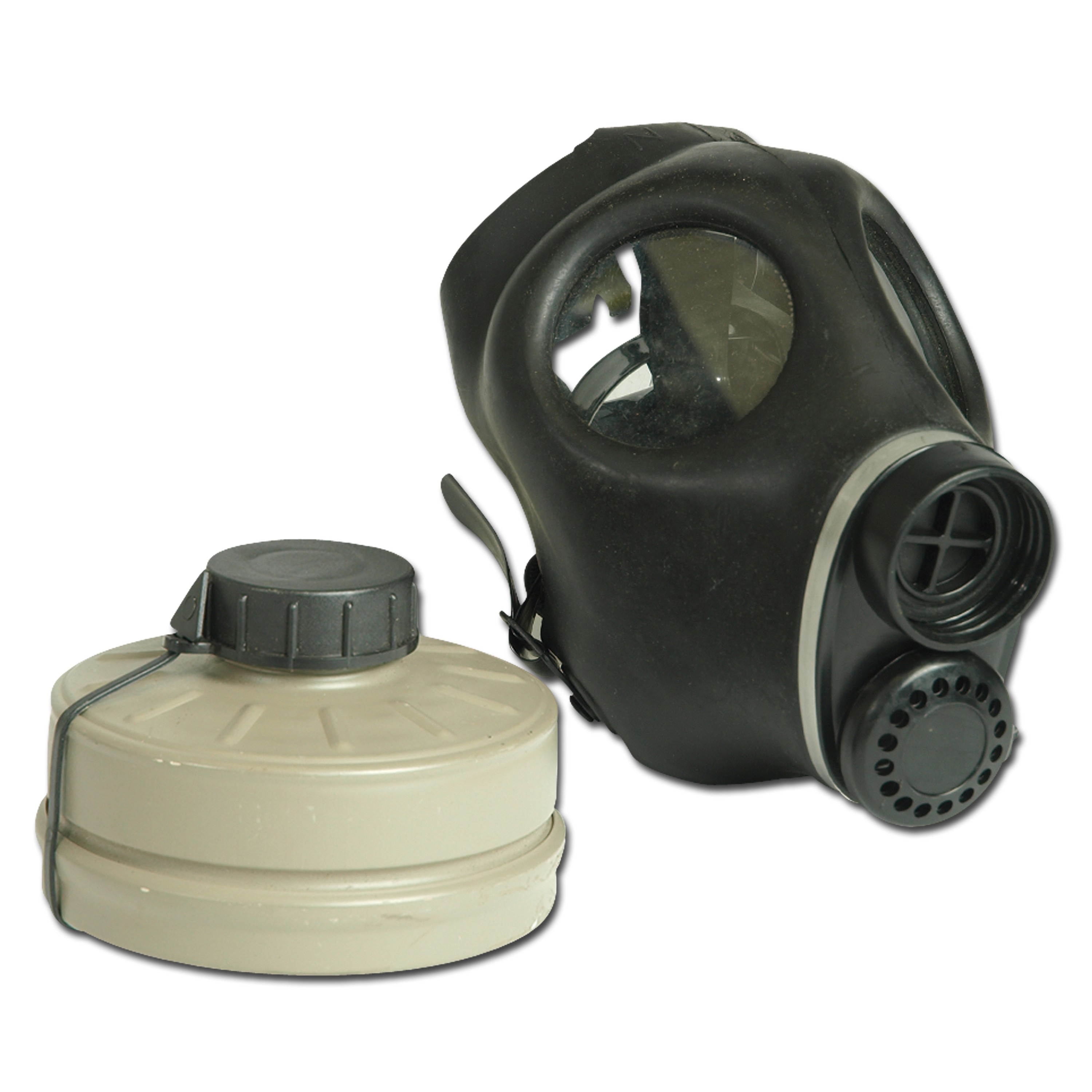

He told the Hebrew edition of Yedioth Ahronoth that while he “pray to God to protect the Nation of Israel,” he believes that “to pray without taking a mask is like buying a lottery ticket without buying a ticket.”Īll told, the Israel Postal Service has thus far distributed at least 4.8 million gas masks, accounting for six in ten Israelis. In the capital’s Shmuel Hanavi neighborhood, a member of the Sanz Hasidic community picked up nine gas masks for his large family. In Jerusalem the number is just 30 percent. Sixty-two percent of Tel Aviv residents are already equipped with the masks, compared to three-quarters in Israel’s northernmost city Kiryat Shmona.

The Israel Postal Company, which provides the masks through a call-in service, has registered a fourfold rise in gas masks requests nationwide. Syria has one of the world’s largest chemical-weapons arsenals, containing roughly 1,000 tons of nerve agents.

There are other limits to the effectiveness of these masks: They don't always provide eye protection, and any mask is only as good as the seal around the wearer's face - a leak or a weak seal would render them useless.Israelis are rushing to equip themselves and their families with gas masks, amid an escalation in the Syrian crisis and the widely suspected use of chemical weapons by the Bashar al-Assad regime. Most activated charcoal masks have disposable filters that are easily replaced. As long as there's space on the charcoal filter's fibers for incoming toxins, the wearer is safe.īut after a period of time - depending on the density of toxic chemicals in the air, the wearer's rate of breathing and other factors - an activated charcoal filter will stop working and will need to be replaced. Those threats require a mask with activated carbon, also known as activated charcoal.Ĭharcoal bonds with the active ingredients in nerve gas and other chemical threats, effectively filtering those toxic compounds out of the air inhaled by the mask's wearer. Paper-filter masks, however, are useless against most chemicals, whether paint fumes, sarin gas or airborne organophosphates. (The average human hair is 70 micrometers in diameter.) These masks are rated by the amount of particles they can filter: A mask rated 95 will stop 95 percent of airborne particles that are 0.3 microns in size and larger, while a mask rated 100 will filter out 99.97 percent of particles 0.3 microns and larger, making it comparable to a HEPA (high-efficiency particulate air) filter. Inexpensive face masks, like the disposable paper-filter masks available in hardware stores, are effective only against airborne particles. ĭepending on their type and construction, gas masks can be effective against a wide range of substances, from ordinary dust and pollen to poisonous gases - including nerve gases (such as sarin and organophosphate pesticides) that act on the central nervous system. In response to these threats, demand for gas masks in Israel has increased dramatically in recent weeks - 62 percent of Tel Aviv residents now have gas masks, according to The Tower, while 75 percent of the residents of Kiryat Shmona (situated near the Israeli-Syrian border) have a gas mask.


 0 kommentar(er)
0 kommentar(er)
